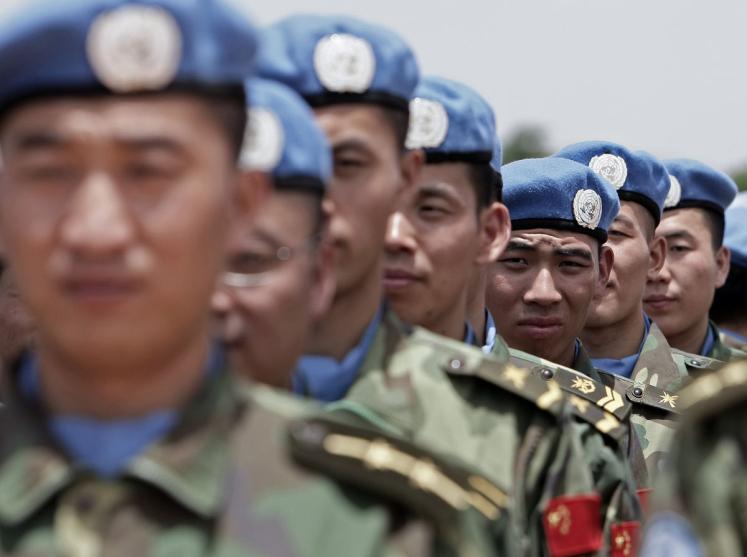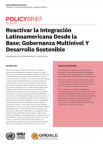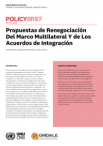Over recent decades, much of East Asia has undergone a massive transformation from a region stricken by underdevelopment to being a key driver of global economic growth. Notwithstanding the significant discrepancies in the political and development trajectories of East Asian countries, the notion of the 21st century becoming an “Asian Century” marked by the wider region’s progressive rise in world economics and politics is one that enjoys wide currency. At least until recently, this rise has arguably not been matched by a concomitant growth in political engagement in international institutions and on matters of global security, particularly at the UN. This should be a cause of concern for the UN, because its role, relevance, and legitimacy in international security depend on the buy-in of key member states into its collective security arrangements.
In this context, a new report by the Norwegian Peacebuilding Resource Centre (NOREF), explores the factors shaping East Asian countries’ evolving views of and engagement with the UN in matters of peace and security. An underlying objective of the report is to provide contextual analysis to inform efforts to engage the region on how to strengthen the UN’s conflict management role in the wake of the 2015 reviews of its peace operations and peacebuilding architecture.
The report argues that a widespread focus on the region’s attachment to sovereignty and non-interference masks an important recent evolution in East Asian views of multilateralism, and the UN in particular. Indeed, as countries in the region have grown economically and moved beyond their colonial histories, they have increasingly come to appreciate the UN as a forum to advance national interests, burnish their credentials as responsible powers, and address issues of common concern. In particular, some of the largest East Asian countries such as China, Japan, South Korea, Indonesia, Malaysia, and Vietnam have committed in various ways to deepening their engagement with the UN.
This new outlook is most readily apparent in the region’s growing engagement with UN peacekeeping. While the significant growth in East Asia’s troop contributions is largely driven by China and Indonesia, there are other positive indicators as well, including the emergence of promising newcomers such as Vietnam and the domestic legal reform effort in Japan that could encourage greater future participation. Beyond peacekeeping, countries in the region have also demonstrated a progressive willingness to institutionalize UN-ASEAN cooperation, deepen cooperation in disaster response, and engage in discussions at the UN on issues that were once off limits, such as human rights.
Looking ahead, a potential bellwether of Southeast Asian relations with the UN may lie in the impending judgment of the Permanent Court of Arbitration on a case brought by the Philippines challenging Chinese territorial claims in the South China Sea. In particular a decision in favor of the Philippines, while certain to be rejected by China, would likely enhance Southeast Asian countries’ inclination to resort to other multilateral dispute settlement mechanisms, including those of the UN.
This article is based on a report published by the Norwegian Peacebuilding Resource Centre (NOREF).
Suggested citation: Sebastian von Einsiedel, Anthony Yazaki., "East Asian Perceptions of the UN and Its Role in Peace and Security," UNU-CPR (blog), 2016-06-01, https://unu.edu/cpr/blog-post/east-asian-perceptions-un-and-its-role-peace-and-security.




